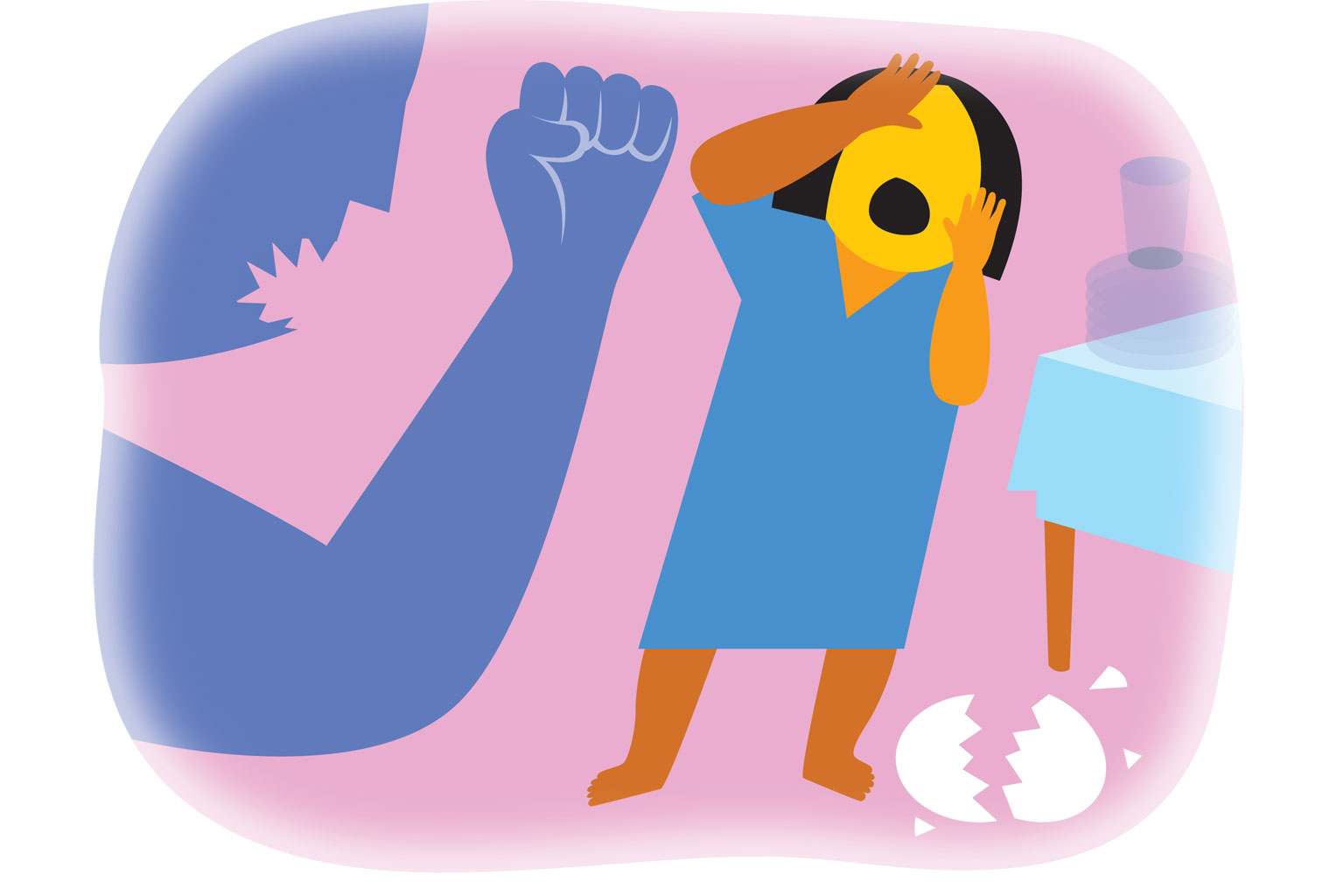Penal code review: Protecting the vulnerable
Harsher punishment for abuse leading to death
New offence proposed to adequately reflect culpability after recent spate of such cases
Sign up now: Get ST's newsletters delivered to your inbox

ILLUSTRATION: MIEL
Those who physically abuse vulnerable victims over a period of time, eventually leading to death, could face harsher punishment under a proposed new offence that carries up to 20 years' jail, and a fine or caning, or all three.
A committee tasked with reviewing the Penal Code has proposed creating a new offence - of causing death by sustained abuse of a vulnerable victim - to adequately reflect culpability.
A recent spate of cases of vulnerable victims who died after suffering repeated abuse have not been prosecuted under provisions that adequately reflect the heinous nature of the crime, the committee said.
At least five cases were heard in court between 2016 and last year, an increase from seven cases prosecuted from 2000 to 2011.
Currently, in cases where the abuse consists of a series of acts that eventually leads to death, the abuser is likely to be prosecuted under causing grievous hurt, which carries a jail term of up to 10 years, with a possible fine and caning.
This is because there is often insufficient evidence to prove that the abuser had the intention to cause death or fatal injury.
This was "unsatisfactory", said the committee. A person who abuses a vulnerable victim over a period of time, eventually leading to the victim's death, is arguably as culpable as a person who kills another in a one-off incident, it said.
Two cases were cited in the report - those of toddler Mohamad Daniel Mohamad Nasser, who died after five weeks of abuse by his mother and her boyfriend, and 26-year-old waitress Annie Ee Yu Lian, who died after eight months of torture by her flatmates.
Pointing to public outrage over these cases, the committee said society reserves "special disapprobation" for the abuse of vulnerable people by their caregivers or others in a position of trust.
Another new offence - of causing or allowing death or serious injury of a child or vulnerable person - was also proposed to cover the scenario in which two or more caregivers had the opportunity to cause death, but it is impossible to pinpoint who was responsible.
This provision, which would apply to the person who committed the unlawful act, as well as to someone who did nothing to stop it, is punishable with up to 20 years' jail, and a possible fine and caning.
Moves to prevent abuse were also mooted.
They include adding a provision requiring a caregiver to take reasonable steps to prevent future abuse. Current laws do not compel intervention.
Apart from the new offences, the maximum penalties for all offences committed against children below the age of 14, vulnerable adults and domestic maids may also be enhanced by up to two times.
Currently, the law provides for enhanced penalties of up to 1½ times the maximum prescribed by law for specific offences, such as causing hurt, committed against a maid by her employers.
The committee proposed that the same protection be extended for crimes against children below 14 and people unable to protect themselves due to mental or physical disability.
Criminal lawyer Sunil Sudheesan, of Quahe Woo & Palmer, said he sympathised with the thinking behind this. But he pointed out that many offenders do not pause to think about facing potentially heavier sentences.
He also cautioned that this may prompt some people, who happen to fall into the category of vulnerable victims, to lodge false reports to get someone into trouble.


